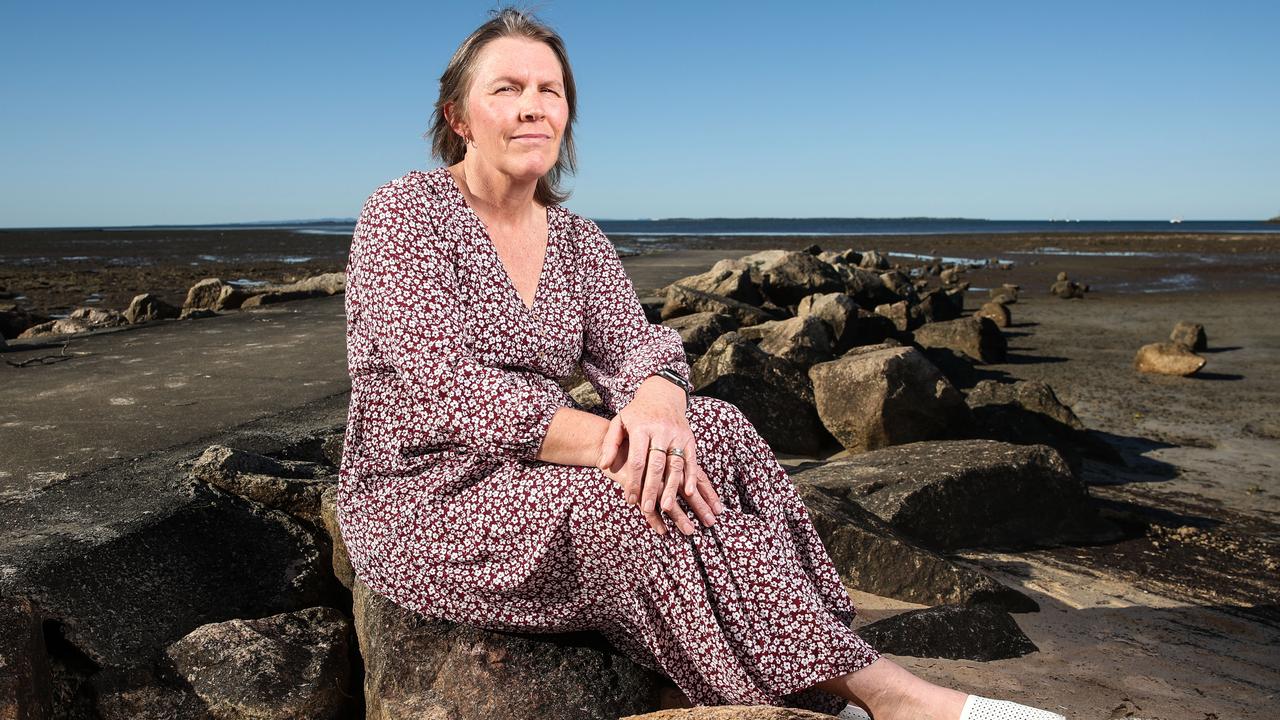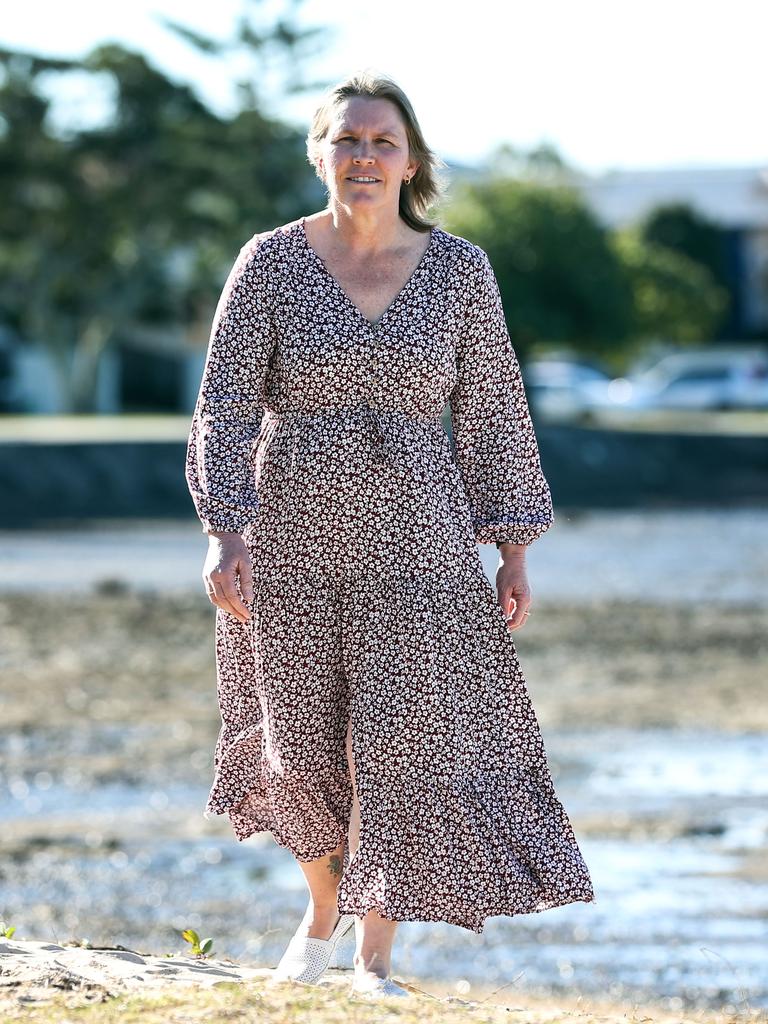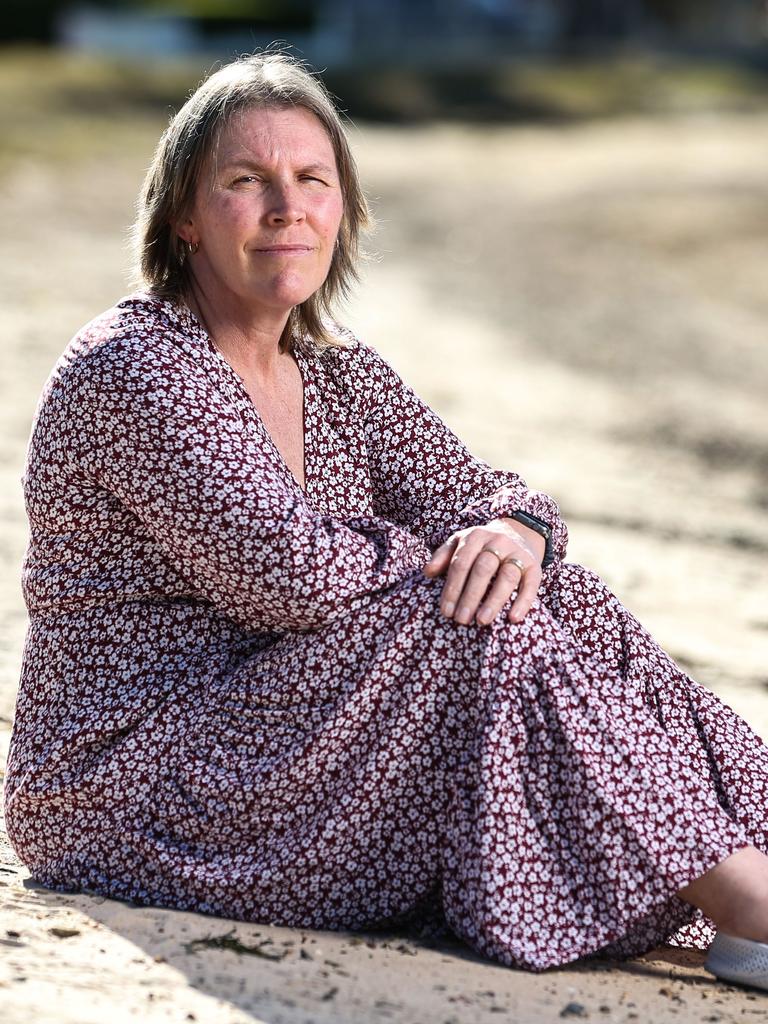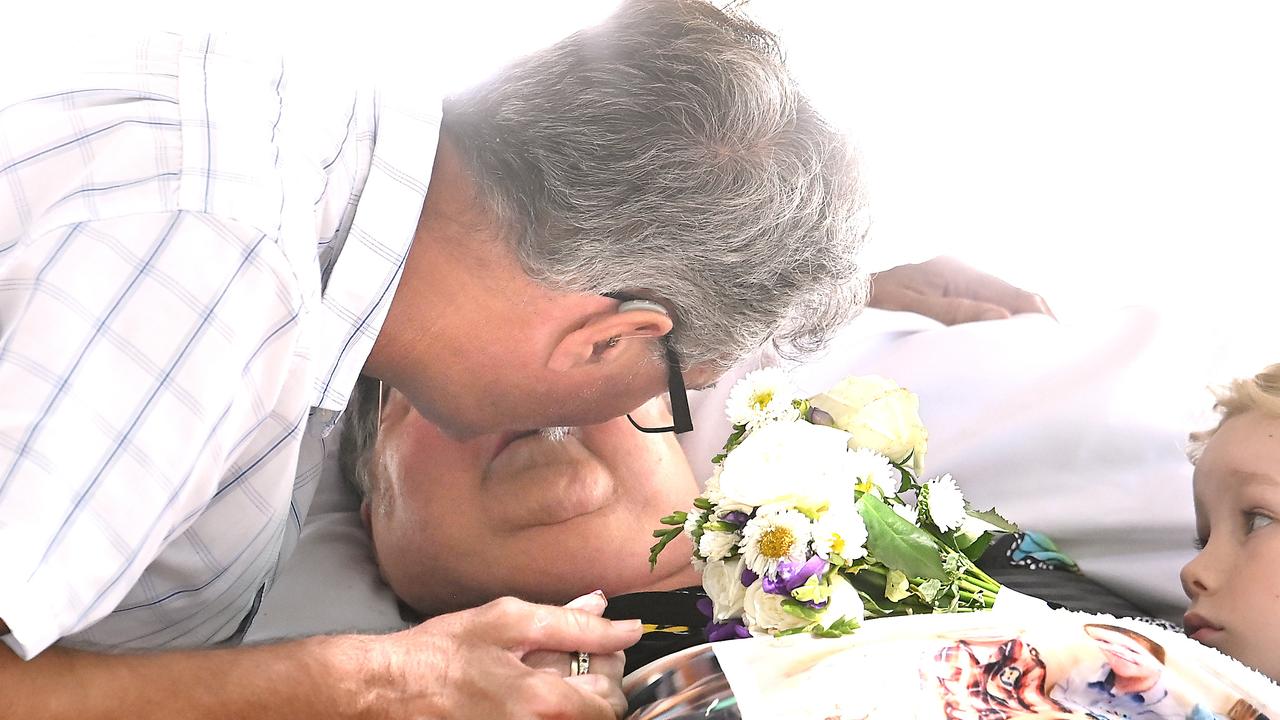‘I didn’t know I was having a heart attack’: Data reveals 450k women ticking time bombs
Almost half a million Australian women at high risk of a heart attack or stroke are not on necessary medications, and it’s prompted a fresh plea not to put off check-ups during COVID-19 restrictions.

Lifestyle
Don't miss out on the headlines from Lifestyle. Followed categories will be added to My News.
Almost half a million Australian women at high risk of a heart attack or stroke are not on necessary medications, and it’s prompted a fresh plea not to put off check-ups during COVID-19 restrictions.
The Heart Foundation has warned 445,000 women who could be a ticking time bomb for a heart event are not being treated with both the recommended blood pressure and cholesterol medicines.
And more than one in three high-risk female patients are on neither medication.

Heart Foundation Director of Health Strategy Julie Anne Mitchell said closing the treatment gap could spare thousands of Australian women from the physical, emotional and financial toll of a heart event.
“A common misconception is this is a disease that only affects older men, but the reality is cardiovascular disease accounts for one in four female deaths,” Ms Mitchell said.
“This can be a lethal stereotype, with women being less likely to discuss heart health with their GP than men and slower to act on warning signs of a heart attack.
“It’s a big concern because women often fare worse after a heart attack and are less likely to be prescribed medications to manage their condition or attend cardiac rehabilitation.”
Brisbane’s Kylie Catt never thought she would have a heart attack at 48 and didn’t act quickly on warning signs.
The Manly West mum experienced a small ache in her back and fatigue for almost three months before her heart attack in 2019.
Her left artery was 90 per cent blocked.
Ms Catt said women needed to be more aware of the prevalence of heart events.
“Even if you are fit and healthy, which I was, you have to be wary of any symptoms and don’t wait for them to get worse like I did,” Ms Catt said.
“Even when I was having the heart attack, it took me a moment to realise what it was.
“A lot of people think heart attacks are just chest pain but I didn’t get any chest pain at all.”

Symptoms can include dizziness, shortness of breath, sweating and nausea while some people have no warning signs at all.
An estimated 2.9 million Australian women have high blood pressure and 3.5 million have high cholesterol, yet Heart Foundation research suggests women are less likely than men to have spoken with their GP about blood pressure, 49 per cent versus 53 per cent, or cholesterol, 42 per cent versus 48 per cent.
These silent killers are risk factors which GPs monitor and manage as part of Heart Health Checks – the appointment Australians are urged not to skip as the country grapples with Covid-19 outbreaks.
“Australians are understandably worried about Covid-19, but heart disease doesn’t stop during a pandemic,” Ms Mitchell said.
“That’s why we’re asking women aged 45 and over, and indigenous women from age 30, not to delay seeing their GP for a Heart Health Check.
“And if you’re living with heart disease, it’s vital that you continue to monitor your heart health and keep up regular appointments with your doctor.”
Ms Catt said speaking openly about her heart attack and hereditary factors led her friends to discussing their heart health with their GPs.
The modelling is based on the latest population and biomedical health survey data from the Australian Bureau of Statistics, with cost data from the AIHW health expenditure database.





